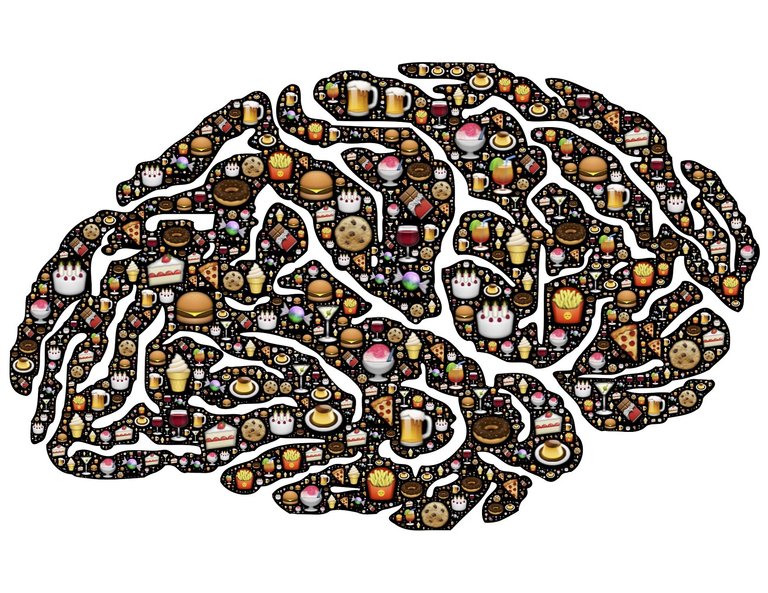Hunger can be a limiting factor to the success of any diet. This is the reason why self-control is often one of the most important characteristics for someone who demonstrates robust results while on a diet.

While many people have the self-control to manage hunger and prevent overeating, others do not. This is due to the power of the brain and its ability to manage our eating tendencies. What is it about the brain that controls our hunger?
The Brain and HungerThe hypothalamus of the brain is the center for hunger/satiety (fullness) control. The foods we eat as well as the hormonal responses in our body can interact with this portion of the brain and cause us to feel either hungry or full. In the healthy person, this is regulated by the demands of the body.
One of the oldest theories on how this is regulated is the glucostatic theory, which states that as blood glucose decreases, as it typically does between meals, receptors in the brain receive signals to stimulate appetite (1). The other macronutrients (protein and fat) as well as total calorie intake have also been studied as potential appetite regulators.
Additionally, the endocrine system can regulate appetite in the short term by sending hormones to the brain following a meal and in the long term by sending hormones to the brain that reflect our body fat percentage.
There is also growing evidence that our gut and gastrointestinal tract can regulate our appetite by interacting with our brain through several proposed mechanisms (involving ghrelin, amylin, pancreatic polypeptide, and peptide YY).
Since it appears that the brain has such great control over our hunger signaling, why is obesity such a growing epidemic in our world?

In short, the brain is supposed to tell the body when we need more food or when we have enough food. However, this mechanism is not fully functional in all individuals.
In fact, impaired satiety (fullness) signaling is thought to be one of the primary drivers for higher caloric intake in obese individuals.
Impaired satiety signaling is also a limiting factor to a diet. This is especially true since research has found that when we lower calories and lose weight, our body tends to compensate with an increase in hunger hormones (2,3).
This means that even dieting puts you at an increased risk of weight gain, especially following the completion of a diet since research has also shown that hunger hormones can remain elevated for longer than a year following a diet (3).
The question now becomes; If I have impaired hunger signaling, what can I do about it? How about trying a ketogenic diet?
What Makes Keto DifferentOne of the best features of a ketogenic diet is the lack of hunger that commonly accompanies the diet. If you have not read our other articles on why keto lowers appetite, then be sure to check those out for a deeper dive into the conversation.
In short, the ketogenic diet is often successful not just because of the metabolic changes that allow for enhanced fat burning, but also because of the lower tendency to over consume calories (4).

The brain is very powerful when it comes to managing hunger and ultimately the success of any diet we are on. Luckily, while on a ketogenic diet there is a good chance that appetite signaling will be working in your favor if you are looking to lose weight.
It is also worth noting that appetite suppression from a ketogenic diet is something that happens following adaptation to the diet. It does not happen from the start.
Links to Citations